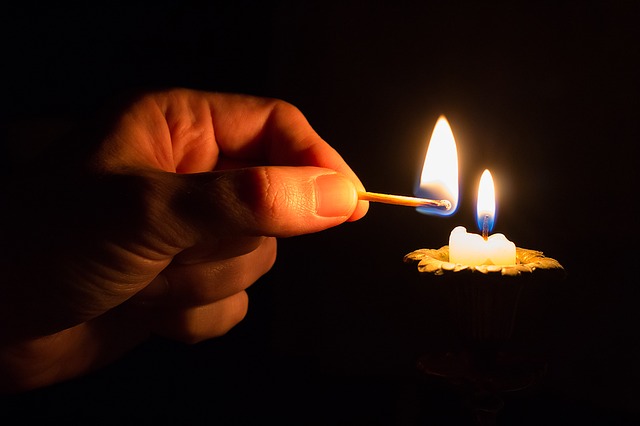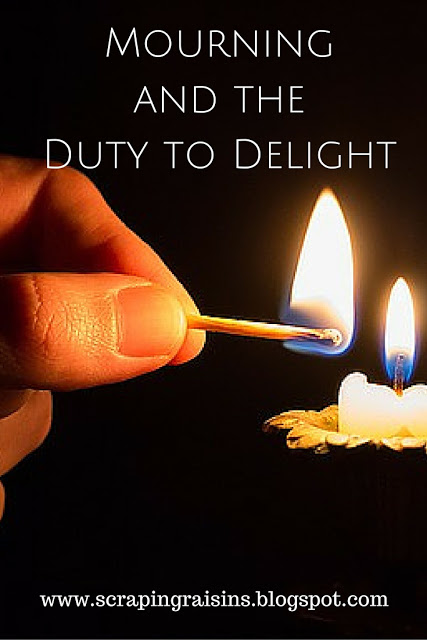A collective heaviness is caving in on us. With terrorism striking even holy Islamic sites, countries advising their citizens not to travel to the U.S. or wear traditional clothing here, many churches and Christian institutions now urging their members to rush out to get concealed carry permits, and people of color afraid to leave their homes lest they be pulled over for a driving infraction only to be shot in cold blood, fear has become an epidemic.
Fear is creeping in, over, through, and around us and its darkness is strangling the light. Can you feel it?
Civilians cower in a society where we are vulnerable to being gunned down even in shopping malls, movie theaters, night clubs, peaceful protests, church prayer meetings and elementary schools.
Officers who have vowed to protect, defend and secure our safety are murdered, but cringe when they hear of yet another cop that has dragged their once heroic reputation into the mire.
Politicians bumble along with empty words.
People of color cry out “See! Do you see NOW? When are you going to get it?”
Some white people are learning to live with new-found sight and are begging for something to DO (which, if we’re honest, feels about as useful as dad putting the proverbial pot of water on to boil while the woman writhes in labor pains).
And the majority of whites still choose to log out of Facebook and news apps or switch off the T.V. to ignore what only makes them feel powerless and guilty, because “What can I, a stay-at-home mom, financial advisor, or construction worker actually do to help anyway?”
We are grasping for an elusive hope, wrestling with despair and choking for fresh air. We either let anger crush us or we take the easy way out and run away, hide and pretend the suffering doesn’t exist. I know. I’m a recovering runaway myself.
But there is another way.
Gregory Boyle is an American Jesuit priest who has spent the past 25 years working in one of the most gang-riddled areas of the United States. He has buried more than one hundred gang members over the course of his time in L.A.—often just as they have begun to clean up their lives. He has had every reason to despair and lose hope. In fact, it was after being diagnosed with cancer that he finally decided to write a book about his experiences. Yet his memoir, Tattoos on the Heart, includes an entire chapter not on hopelessness, but on delight.
He says,
“Dorothy Day loved to quote Ruskin, who urged us all to the ‘Duty to Delight.’ It was an admonition, really, to be watchful for the hilarious and heartwarming, the silly and the sublime. This way will not pass again, and so there is a duty to be mindful of that which delights and keeps joy at the center, distilled from all that happens to us in a day” (p. 148).
I admit that I’ve judged those on social media that have seemed to go on with their daily lives and continue to post pictures of their kid’s messy first-food faces, family vacations, ridiculous memes and silly quotes during a week when much of America has been in mourning. And yet perhaps this is their way of coping while so much of the world has been paralyzed by grief and fear.
Last week after watching the video of Philando Castile bleeding to death in his car while his fiance’s four-year old daughter sat in the back of the car and a cop’s shaky gun spoke to the world’s horrified onlookers, I found solace not in taking to the streets protesting, writing inflammatory Facebook messages or canvasing my neighborhood with #Blacklivesmatter pamphlets.
Instead, I eased my 8-month-pregnant body into a lawn chair in our backyard as my two and four-year-old frolicked around shirtless in the silently drifting cottonwood seeds. My hand on my belly, my unborn son twisted and turned and I amusedly watched my bump ripple with life. I lay my head back, closed my eyes, and drank in the musical laughter of my innocent children and allowed the summer Colorado sun to press her hot hand on my face. And just as a duty is sometimes perfunctorily done, I dutifully gave thanks for that solitary moment.
Thomas Merton writes, “No despair of ours can alter the reality of things, or stain the joy of the cosmic dance which is always there…” There is delight to be had. It is our duty to notice and give thanks for it even when it is the last thing we feel like doing. It is our duty to delight.
A music director sings this song in dark days,
“God is our refuge and strength, a very present help in trouble. Therefore we will not fear, though the earth should change and though the mountains slip into the heart of the sea; though its waters roar and foam, though the mountains quake at is swelling pride. There is a river whose streams make glad the city of God, the holy dwelling places of the Most High. God is in the midst of her, we will not be moved; God will help her when morning dawns. The nations made an uproar, the kingdoms tottered; He raised His voice, the earth melted. The Lord of hosts is with us; the God of Jacob is our stronghold. Selah.” Psalm 46: 1-7
God is still in our midst. He is with us. He is our stronghold. His streams of gladness cut through our weary land. Selah. Pause and rest in that truth.
We have a duty not to run away, bury our heads in the ground or shield ourselves from suffering just because we don’t like how it makes us feel. How can we love when we have our eyes squeezed shut? Don’t turn off the news, but sit with it, internalize it, and then talk to God about it. Is there anything He wants you do?
It is our duty to see.
And we have a duty to act when it is in our power to do so.
But we also have a duty to delight. And it is a beauty-from-ashes kind of delight. A resurrection song that rings out only as we die to our self-centeredness and the world’s empty promises of peace. Ours is a peace in spite of, not because of. It’s a joy that skims along the surface of the storm, catching the wind, riding it and finding that—amazingly–it’s possible not to sink after all. But this is only through hope in Someone that keeps us from being trampled by fear.
In the hours before Jesus is crucified, He speaks these words to his followers, “Therefore you too have grief now; but I will see you again, and your heart will rejoice, and no one will take your joy away from you” (Jn. 16:22).
No one. Nothing. Will take your joy away from you. Do you believe that?
Friends, our God is stronger. Hatred and fear cannot steal our joy, quench our love or extinguish our light. Our duty is to keep our eyes pried open even in the pain and do what we can in our communities to alleviate suffering and injustice. But it is also our duty—whether we feel like it our not–to delight.
~~~
Subscribe to Scraping Raisins by email and/or follow me on Twitter and Facebook. I’d love to get to know you better!
~~~
Next Post:
The Invention of Wings Book Club Discussion Questions
Previous Posts:


